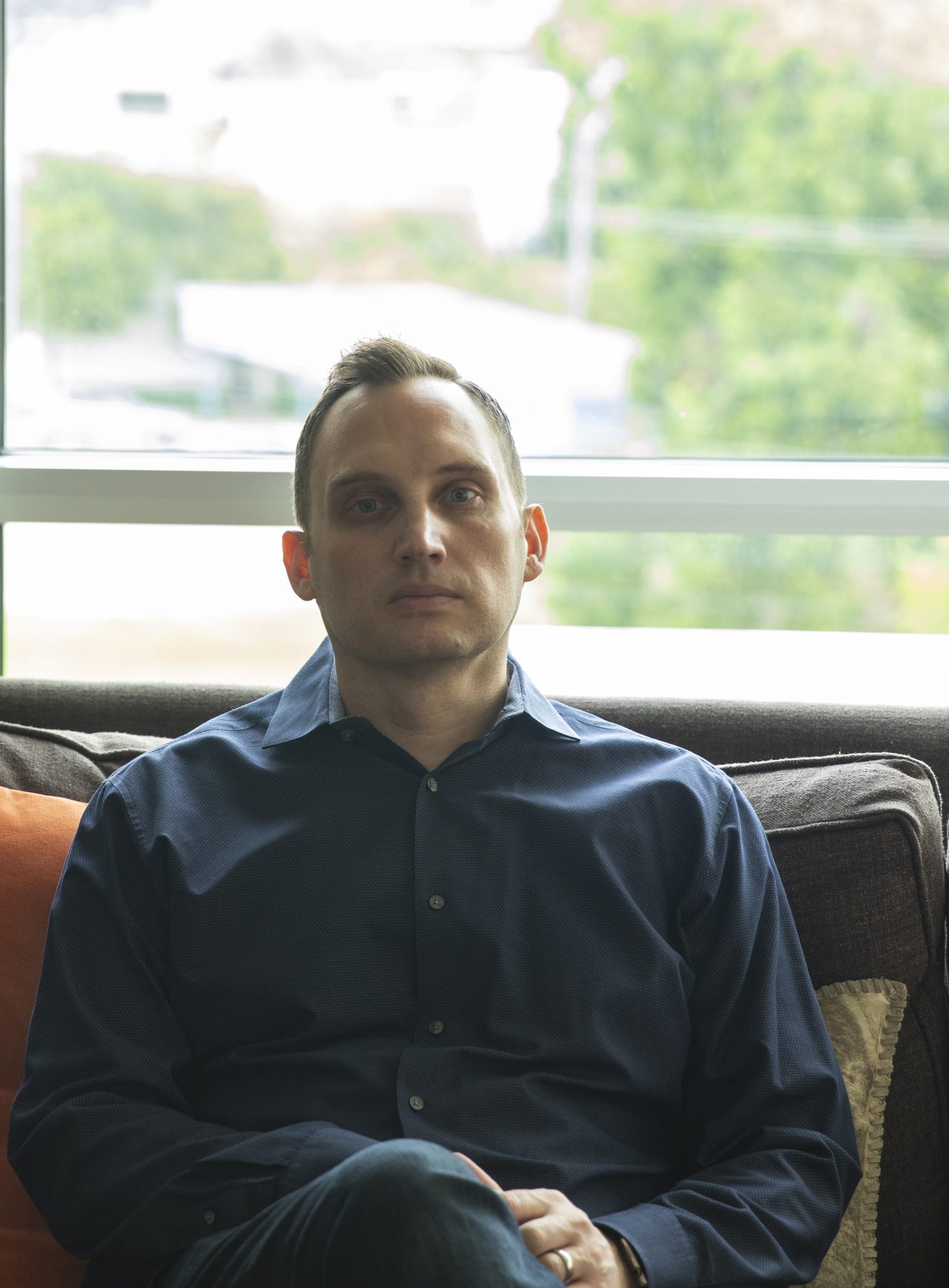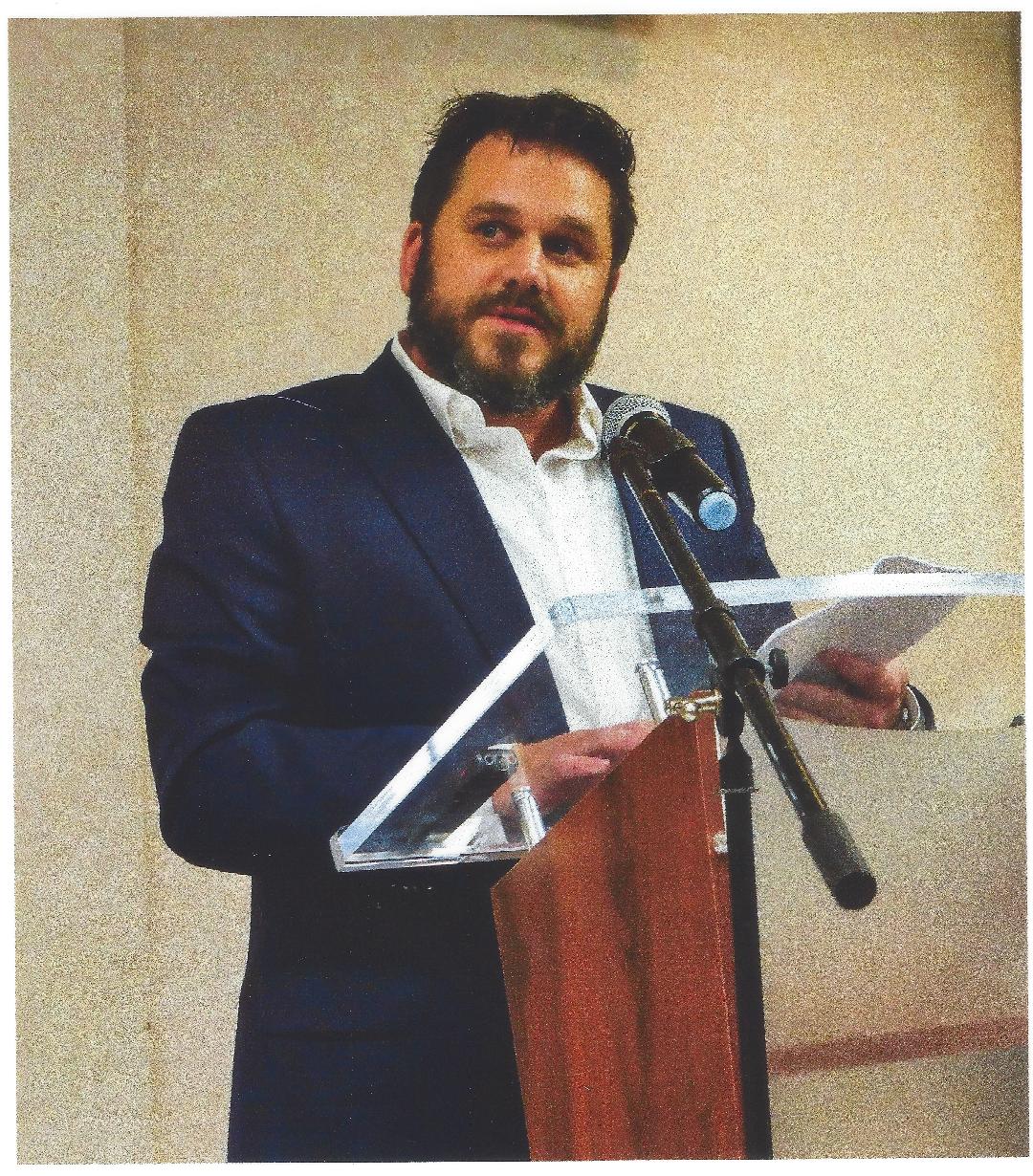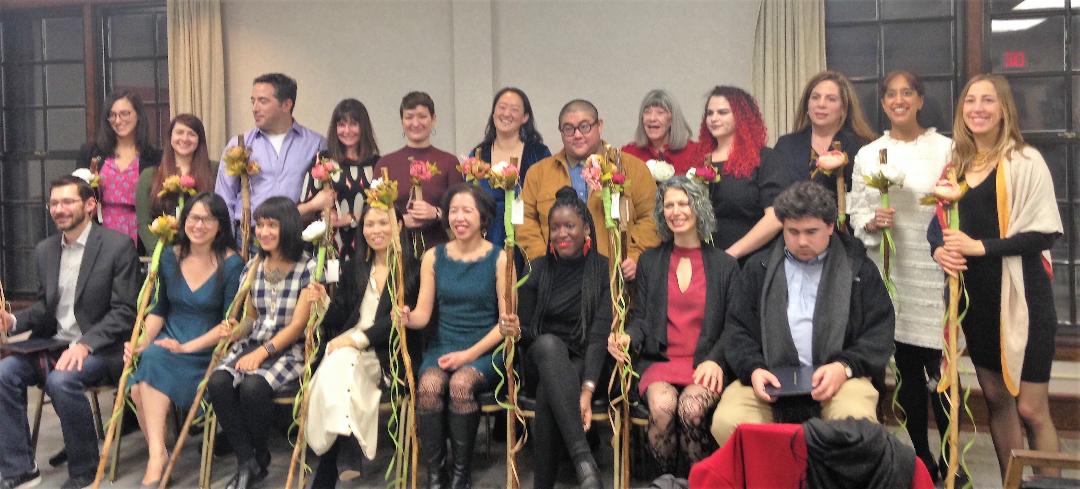The public is welcome to attend the morning lectures and evening readings in fiction and poetry offered during the Master of Fine Arts Program winter residency. Events last approximately one hour. Admission is free. The schedule is subject to change. Updates will be posted on this site.
For more information, call the MFA Office: (828) 771-3715
Readings will begin at 8:15 PM in Canon Lounge, Gladfelter, at Warren Wilson College, 701 Warren Wilson Road, Swannanoa, unless otherwise indicated.
READINGS by FACULTY
Wednesday, July 3
Adrienne Celt, Caitlin Horrocks, Allegra Hyde, Airea D. Matthews, Peter Orner
Thursday, July 4
Sally Ball, Brooks Haxton, Nina McConigley, Debra Spark, Alan Williamson
Friday, July 5
Karen Brennan, David Haynes, Kevin McIlvoy, Pablo Medina, Alan Shapiro
Saturday, July 6
Robert Boswell, Christopher Castellani, T. Geronimo Johnson, Rodney Jones, Christine Kitano
Sunday, July 7
Debra Allbery, Charles Baxter, Daisy Fried, Matthew Olzmann, Peter Turchi
READINGS by GRADUATING STUDENTS
Tuesday, July 9
Nicole Chvatal, Kristin McGuire, Gay Parks Rainville, Jeremy Scheuer
Wednesday, July 10
Charles Douthat, Rita Marks, Joseph Nieves, Cynthia Sylvester
Thursday, July 11
Evie Bromiley, Lynnette Curtis, Perry Janes, Alex McWalters
Friday, July 12 ~ 4:30 PM, followed by Graduation Ceremony
Annabella Johnson, Joshua E. Lopez, Madison Mainwaring, Cynthia Oka, Idrissa Simmonds
Faculty Lectures – July 2019
All lectures will be in Canon Lounge, Gladfelter or Upper Fellowship Hall, as noted, on the WWC campus.
For more information, call the MFA Office at Warren Wilson College: (828) 771-3715.
The schedule is subject to change. Please check www.friendsofwriters.org for updates.
Thursday, July 4 CHRISTINE KITANO ~ Alienation, Estrangement,
11:00 AM Displacement: Examining the Relationship Between
Literature and Place, or, “It’s the land, stupid”
We take for granted a relationship between a writer and their environment; whether it be Frank O’Hara’s Manhattan, Gwendolyn Brooks’s Bronzeville, Philip Levine’s Detroit, John Steinbeck’s California, or William Faulkner’s veiled Oxford, Mississippi, we assume a writer is indelibly shaped by the landscape that surrounds them. This relationship between place and literature is never uncomplicated—and is often one of alienation, estrangement, or displacement. This lecture will explore strategies and techniques for navigating the tension between writing and place, especially for writers who feel a lack of ownership over the spaces they inhabit and write about.
Friday, July 5 ALAN SHAPIRO: Mark Twain and the Ambiguities
9:30 AM of Expertise
As teachers and writers, we often talk about the creative process in contradictory ways: on the one hand we celebrate the importance of craft, which is to say, of knowing what we’re up to when we write; on the other hand, we say that at our best we write by instinct, intuition, hunch, we try not to know too completely why we do what we do. We advocate for expertise and we distrust it. In this lecture we’ll look at Life on the Mississippi to see what Mark Twain’s description of his training to pilot a steamboat can tell us about these inherent and inescapable tensions between will and inspiration, calculation and intuition when it comes to writing poems and stories.
Friday, July 5 T. GERONIMO JOHNSON ~ Scene It Again?
10:45 AM
We’ll explore dramatic scenes as a narrative tool for demonstrating character transformation that readers can “witness.” We’ll look at a range of scenes from implied to full, the use of scenic overlays, and ways to achieve the scenic in brief. This is a toolkit for revision. Texts discussed will include Joshua Ferris’s “The Dinner Party” and Chekhov’s “The Lady with the Pet Dog.”
Saturday, July 6 NINA McCONIGLEY ~ The Sound of Silence:
9:30 a.m. Writing Silences
We are all storytellers. We tell stories every day on social media and email and in our writing – in our poems and stories. But sometimes the story is in what is unsaid. In silence, in the absence of sound, in white space and with what is unspoken, there is meaning.
Silent treatment, a moment of silence, a vow of silence: silence comes in many forms. Is to be silent to fail or neglect to communicate? As writers, there are so many silences we experience. There are so many ways in which silences occur. Audre Lorde famously said, “Your silence will not protect you.” And conversely, Susan Sontag said, “Silence represents everything that could be said.” So which is it? – a presence or absence? Page 3 of 4
As writers, we have many questions that pair with silence: what will happen if I am not silent? If I write this? What are the voices we employ? What is left unsaid by characters? We will look at breaking our own silences. And the silences that happen unintentionally – from silencing of a person based on race or gender to not writing certain things.
Sunday, July 7 PABLO MEDINA ~ The Chinese Written Character as
9:30 AM a Medium for Poetry Reconsidered
The Chinese Written Character as a Medium for Poetry by Ernest Fenollosa, edited by Ezra Pound, caused a sensation in poetry circles when it was first published in 1919. Though Fenollosa’s theories on the pictorial nature of written Chinese were eventually disproven, the essay had a remarkable influence on poets in the Anglophone world for decades to come. Arguably, it led T.S. Eliot to call Pound “the inventor of Chinese poetry in English.” Is the essay read at all today? Has its influence waned or its ideas still current? This talk will explore these questions and attempt to evaluate the relevance of Fenollosa’s–and Pound’s–poetics in the twenty-first century.
Sunday, July 7 ROBERT BOSWELL ~ Reinventing Revision: How
10:45 AM How Changing the Way You Think about Revision
May Breathe Life into Comatose Work
This lecture will focus on pragmatic strategies for reviving failed stories by offering revision as something like a life-support system. I’ll refer to numerous published pieces, but no advance reading is required.
Thursday, July 11 AIREA D. MATTHEWS ~ Sense Age of Sight:
9:30 AM Fellowship Hall Visual Rhetoric and the Social Turn
We are inundated by visual culture. Through the prolific deployment of memes, selfies, graphic design, Twitter, and identity marketing, there seems very little of our lives that isn’t in some way impacted by our current sense age of sight. This lecture will explore the ways in which visual culture and argumentation (rhetoric) collaborate in creative work to thread the logical, emotional and political spheres of subjectivity. We will examine work by Guillaume Apollinaire, John Cayley, Marjorie Perloff, Eileen Myles, Evie Shockley, Douglas Kearney, Vanessa Angelica Villareal and Jonah Mixon-Webster.
Thursday, July 11 PETER TURCHI ~ Don’t Stand So Close to Him,
10:45 AM Fellowship Hall or Her, or Them, Either
This companion to last summer’s “Don’t Stand So Close to Me” will address the advantages of shifting narrative distance in third person narratives. No advance reading is required.
Friday, July 12 CHARLES BAXTER ~ On the Plausibility of Dreams
9:30 AM Fellowship Hall
While we’re dreaming, we almost never think that the dream is implausible. Similarly, while we’re reading or watching a movie, particularly if we’re engrossed, we’re likely to ignore problems of plausibility, particularly if the novel we’re reading (or the film we’re watching) embodies a wish or a fear. I’m raising a question about plausibility in stories, at least in certain cases, when the overall mood of the story removes or finesses our demands for believability, and what we want instead is to be swept away by the story. Truth, in such cases, gives way to astonishment and longing. Page 4 of 4
Friday, July 12 MATTHEW OLZMANN ~ Direct Address and the
10:45 AM Fellowship Hall Illusion of Audience
This talk will look at epistles, apostrophes, and other moments where a speaker or narrator pretends to be talking to someone other than the reader. We’ll consider how we shape—to varying degrees—an identity for the addressee, and how and where is the reader positioned in this type of excepted “conversation.” How much information about the addressee does the reader actually need, and what happens when the reader and addressee need different types of information? We might look at a combination of work by the following writers: Patrick Rosal, Horace, Lucille Clifton, Kenneth Koch, Alice Walker, Jonathan Miles, Kim Addonizio, Yusef Komunyakaa, Joe Wenderoth and others. Or we might look at writing by totally different people. No reading necessary beforehand.





